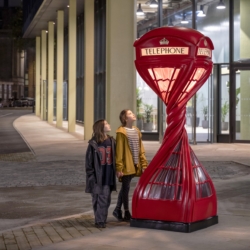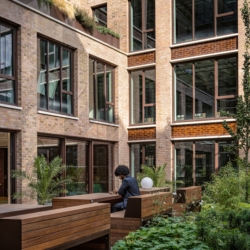May 26, 2025
Workforce pressures spark calls for merger between HR and IT functions (say IT bosses)
 A growing number of IT leaders believe the solution to declining productivity and rising digital complexity in the workplace could lie in merging HR and IT departments, according to a new poll. A global study by digital employee experience firm Nexthink, based on a survey of 1,100 IT leaders, found that 93 percent of respondents believe closer integration between the two functions would improve productivity, employee engagement and satisfaction. Nearly two-thirds (64 percent) predict a full merger between HR and IT will take place within five years, while a further 31 percent expect significantly closer collaboration. (more…)
A growing number of IT leaders believe the solution to declining productivity and rising digital complexity in the workplace could lie in merging HR and IT departments, according to a new poll. A global study by digital employee experience firm Nexthink, based on a survey of 1,100 IT leaders, found that 93 percent of respondents believe closer integration between the two functions would improve productivity, employee engagement and satisfaction. Nearly two-thirds (64 percent) predict a full merger between HR and IT will take place within five years, while a further 31 percent expect significantly closer collaboration. (more…)


































May 9, 2025
Ping pong, perks, pizza and beanbags won’t get you a better workplace culture
by Daniel Snell • Comment, Flexible working, Wellbeing, Workplace, Workplace design